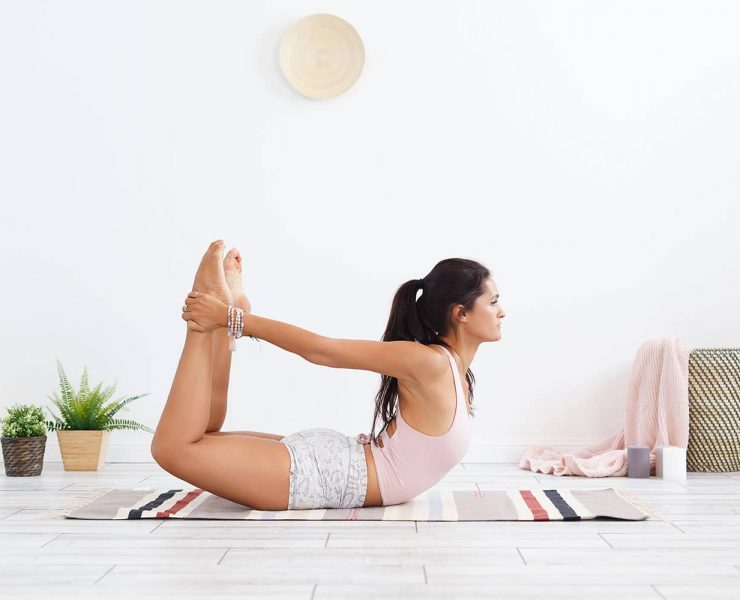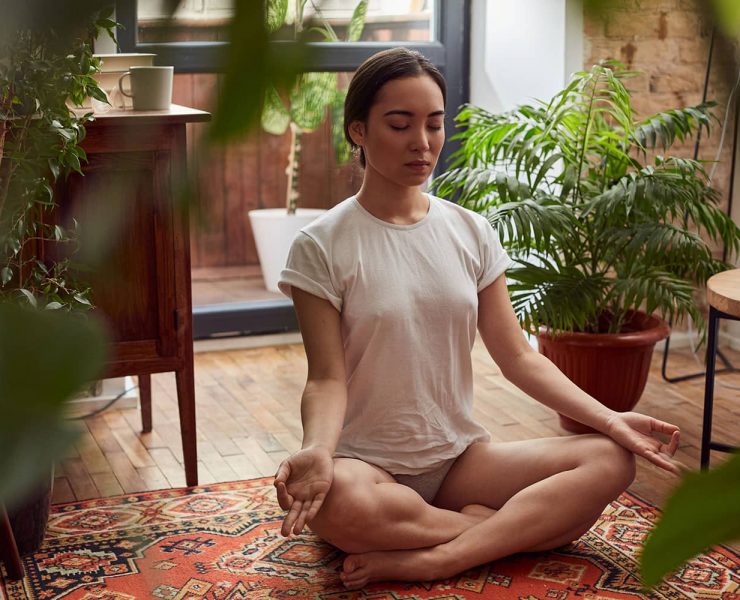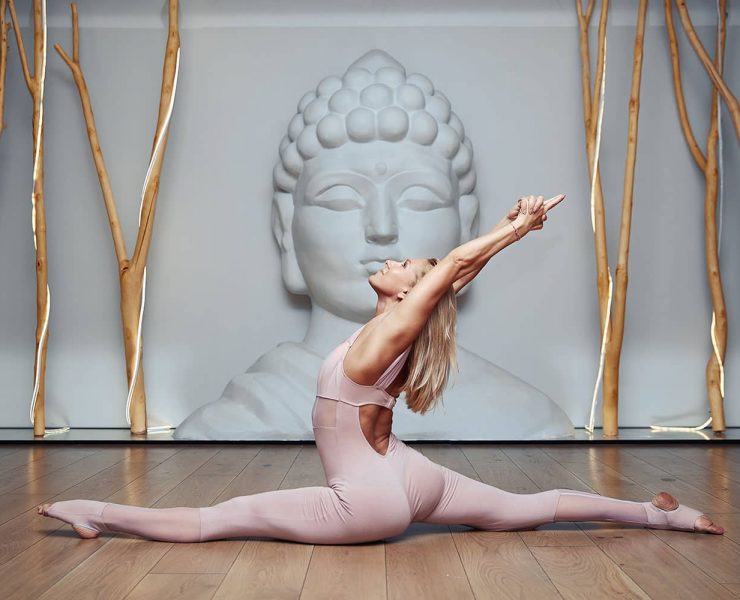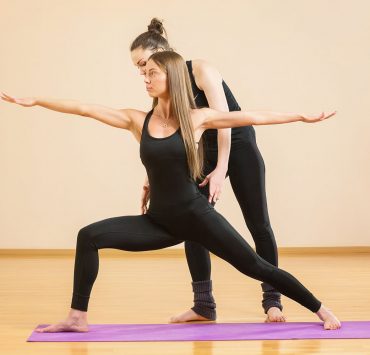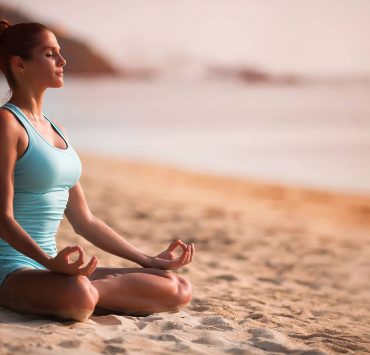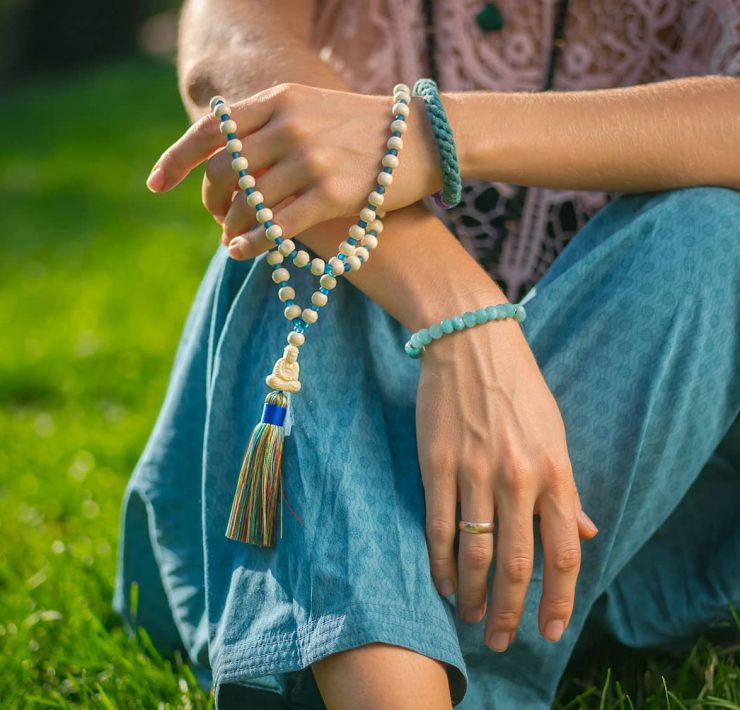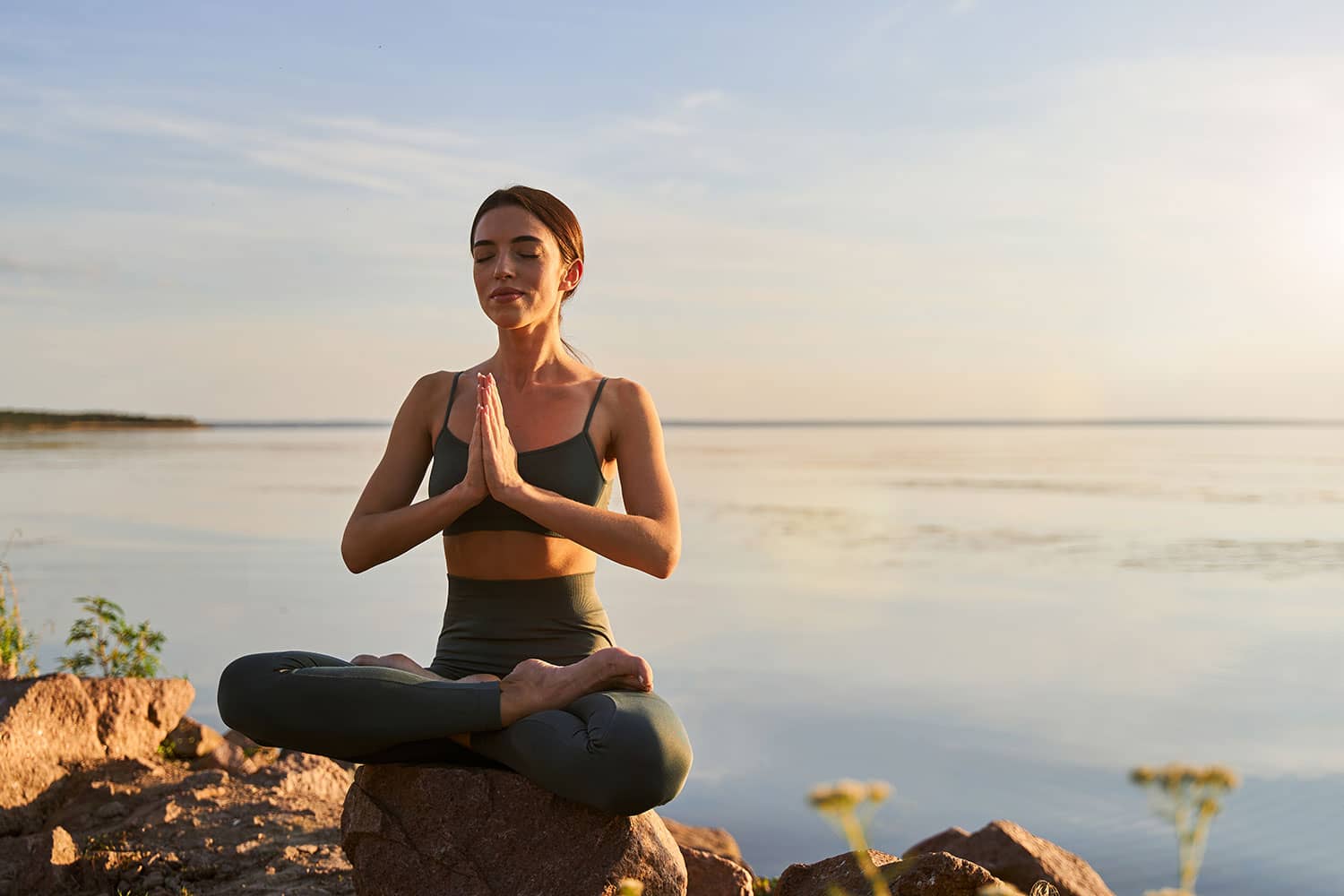
Meditation coach Emma Morrison is the go-to person for those…
It can literally mean not stealing. But it can also mean not hoarding materials. It encourages us not to mindlessly consume natural resources or appropriate others’ ideas.
What Is Asteya?
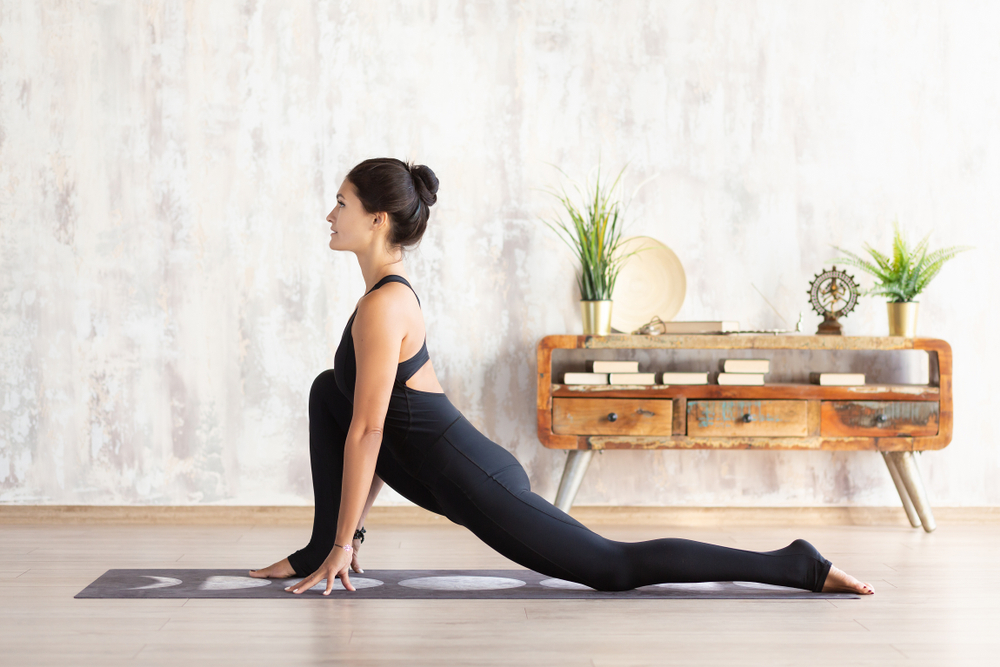
Asteya literally means non-stealing. But on a deeper level, it encourages us to abandon intent or desire to possess or steal. This can include materials, talents, relationships, or gifts. Additionally, do not steal others’ achievements, success, time, or natural resources.
Asteya reminds us not to take anything that does not belong to us.
Do not take through force, deceit, or exploitation. Do not use deeds, words, or thoughts to take something away from someone else.
The urge to steal arises out of greed.
It also arises from a sense of lack, powerlessness, and comparing ourselves to others. It is important to address and eliminate the underlying seeds of asteya.
Then, you can experience the virtue of asteya.
Asteya and Sense of Belonging
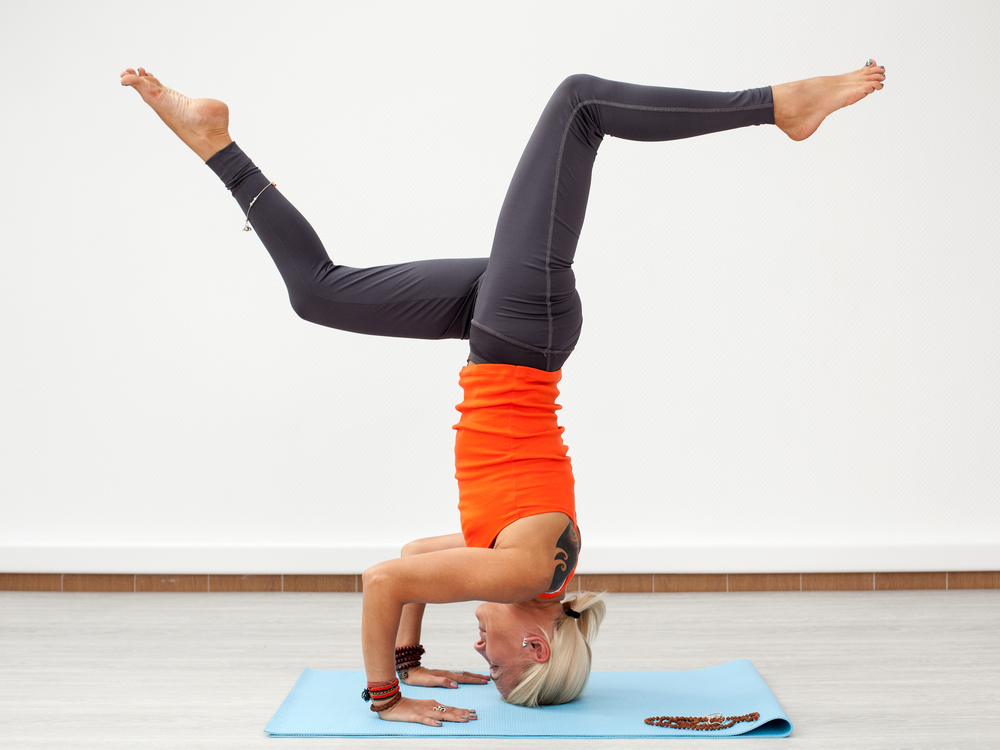
There is a quote by master Lao Tzu that perfectly sums up asteya.
“Be content with what you have; rejoice in the way things are. When you realize there is nothing lacking, the whole world belongs to you.”
Start rejoicing in what you have. And rejoice in what others have as well.
Direct your attention to feeling happy. You can choose to feel envious, jealous, or greedy. You can also choose to be desirous of what others have. But when we desire things that others have, we desire objects more than individuals.
Developing a sense of contentment and togetherness forms the basis for asteya.
It urges us to recognize that people are more important than material goods.
Asteya and Self-Reliance
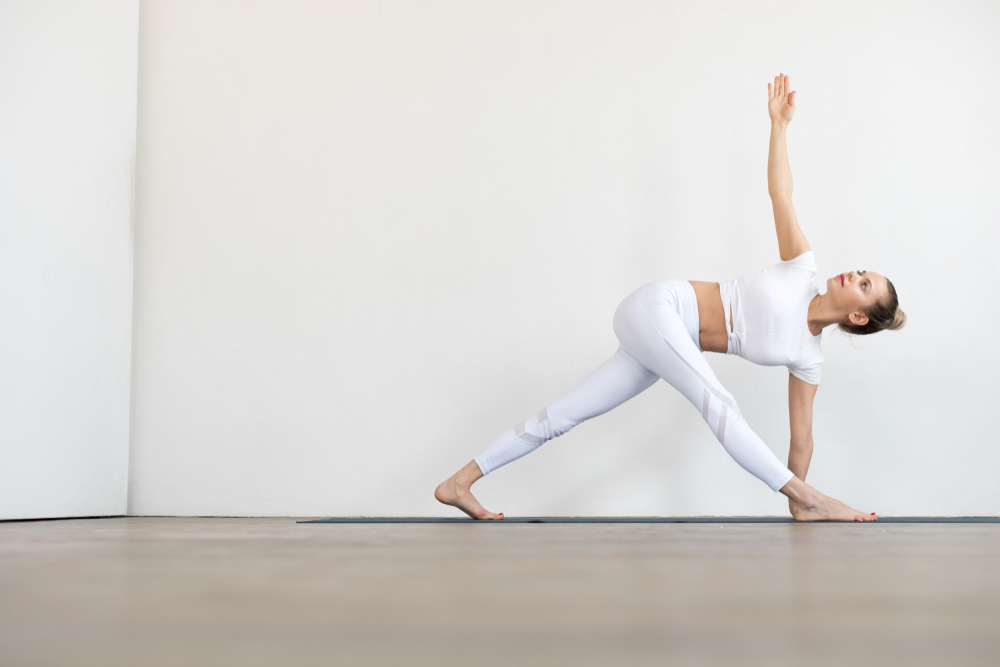
Asteya teaches us that everything lies within us already. You are the source of all intelligence, power, and strength. You encompass all love, happiness, and peace. There is nothing outside to look for.
Once you understand this, then asteya can naturally start to manifest inside of you.
Asteya urges us to develop a sense of self-reliance and inner richness. By using our resources, we can come closer to ourselves. We do not need to rely on others to bring us happiness. We do not need to rely on things to bring us peace.
We are all that we could ever need.
Asteya and the Spirit of Abundance
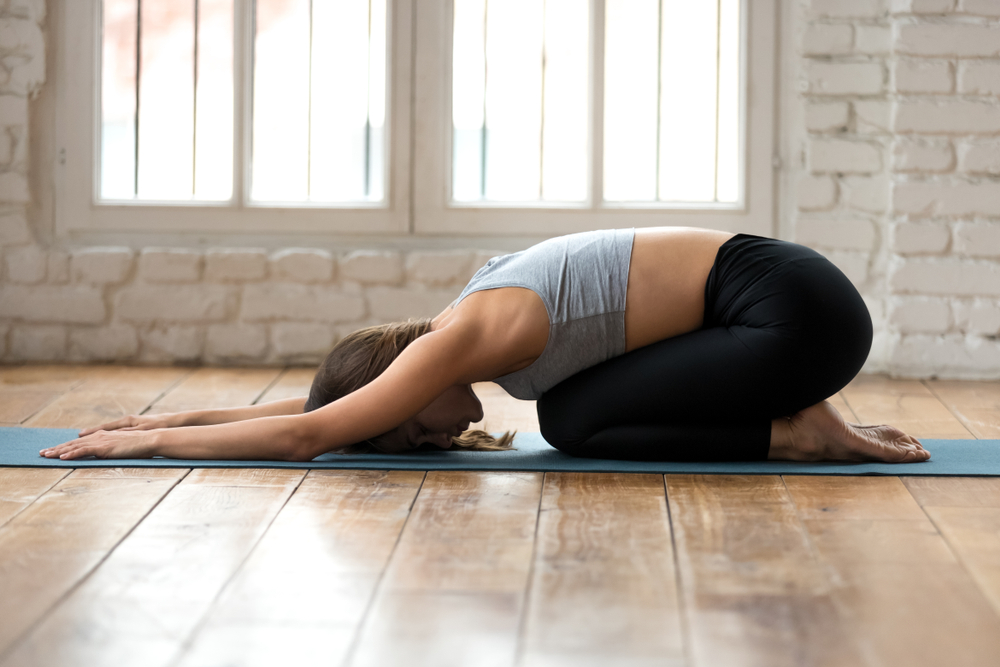
This is the third important element of asteya. It is the law of plentitude.
This sense of abundance allows us to feel connected to the vastness of life.
As you go through your day, be confident in life’s abundance. We are naturally generous creatures. And we are able to practice asteya in this way.
Asteya and Minimalism

Asteya does not just mean do not steal. To keep or take away from someone is also a form of stealing. Sometimes we are not aware of our real needs. Most often, we improperly multiply our wants. We make thieves out of ourselves by doing this. But following asteya reduces our desire to accumulate.
Focus on what you need, not what you want.
Minimalism is a great way to practice asteya. It compels us to question our tendency to hoard things. This can include wardrobes, storage places, and homes.
This tendency arises out of excessive greed.
It is rooted in feelings of envy and insecurity. By accumulating stuff, we steal from the freedom and joy of life. We also take away from what others could use.
Minimalism asks us to look at our lives and take out unnecessary garbage.
After all, our garbage could be someone else’s treasure.
The Root of Asteya

The need to steal arises out of a lack of faith. When we do not have faith in ourselves, we create what we need.
The moment we feel lack, feelings of desire, want, and greed comes out. We look for something to fill that empty sensation. Oftentimes, it can feel like everyone else has what we want. And our feelings of lack, insecurity, and want make us feel incomplete.
This all boils down to feeling like there’s something missing.
But the word yoga means “to yoke,” “unite,” and “connect.” Yoga allows us to become whole.
Practicing each aspect of yoga on and off the mat moves us. It makes us feel like we have enough. It teaches us that we are already enough. And we do not need any exterior objects to make us whole.
Asteya on the Yoga Mat
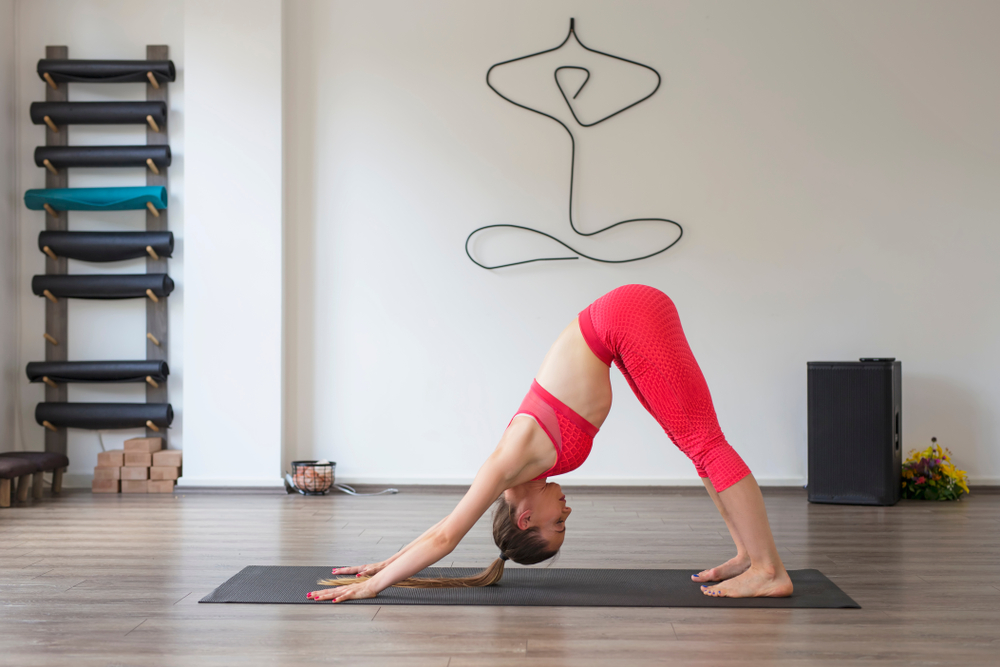
Sometimes, we push ourselves beyond our boundaries. During a yoga practice, we might want to try something challenging. But if we fail, we are afraid that we are not good enough.
You might start a yoga class with the best of intentions. Then half-way through, you start to focus on how you look. Instead, try focusing on how you feel.
Do not focus on trying to attain a particular posture.
This robs you of your sustainable and natural practice. It robs you of being in the present moment with yourself. Instead, allow yourself to be open.
Accept what your practice is. Never let the posture define your practice.
How aware you are during your practice is what counts.
Asteya Off the Yoga Mat

Sometimes, we buy more than we need. When we do, we subconsciously look to fill a gap. We feel like something is missing.
But material possessions cannot replace what our souls need.
They can temporarily satisfy us with abundance. But desire and want cause us to go out of our way to obtain something.
Often, we do not need the things we buy. Instead, they could be appreciated by someone else. In this way, we are needlessly taking away from others.
Try looking around at your possessions. Ask yourself if someone else could better benefit from them. By letting go of what we don’t need, we make space for the universe to provide. We open ourselves up to possibilities.
We make room for more wholesome forms of abundance.
You might open yourself up to physical possession. You might welcome a new experience of a sense of wellbeing.
Every moment is an opportunity to experience a vast array of emotions and sensations. But we cling to that which is pleasant and enjoyable.
This aspect of clinging to pleasure is known as “raga.” The experience itself may be joyful or happy. But holding onto it out of desire creates more suffering. This is known as “dukkha.”
The opposite of dukkha is “dvesa.” This translates to “aversion.”
In this way, we hold an aversion to pain or suffering.
We try not to connect with physical or emotional pain when it arises. But constantly chasing after pleasure keeps us in a cycle of want and desire.
Attempting to feel only the good negates the other half of life. Going into darker places can allow for lighter moments to shine brighter. We make ourselves more whole by experiencing every emotion in between. Experiences do not have to be good or bad either. They can just be.
Allow yourself to step into these little fears. Give yourself the opportunity to fully experience life.
In this way, you will welcome in more. You will not desire or want. You will accept things as they are.
And you will feel at peace with every emotion in between.
How to Practice Asteya

You can try practicing asteya in many different ways. Below are some options for you try to out.
#1. Exercise Abundance
“Abundance” means having a large amount of something. It is so much that there is no need for anything else. Practice knowing that you have enough. You are enough. And wanting less is key.
By practicing abundance, you will feel more happy and whole. You will connect deeper with yourself. When feelings of lack, want, or desire arise, practice using a mantra.
Try saying “I am enough.”
Say it as many times as you need. See how it affects you. See if you can cultivate a sense of wellbeing by just being alive.
#2. Exercise Thoughtfulness

Try thinking before you reach out to someone for help. Ask yourself if the answer to your question can easily be solved. Do you really need that extra assistance? Or can you find the answer on your own?
Being thoughtful helps us cultivate a sense of self-reliance.
Answer your own questions when possible. And do your own research. You might find yourself expanding your horizons. And knowing that the answer lies within you is the key to asteya.
#3. Actively Listen
Consider not speaking for a while. Take a back seat and listen to others. Or choose to appreciate silence.
We open our mouths when we want silence filled. Silence can make us uncomfortable. It can leave us wanting more. But try sitting in that emptiness.
Let yourself appreciate the fullness of silence.
Speech does not have to fill up space. Trust yourself to embrace silence like a sense of reprieve. Give yourself permission to be quiet. And notice how much more you can listen to those around you.
#4. Don’t Over-Commit
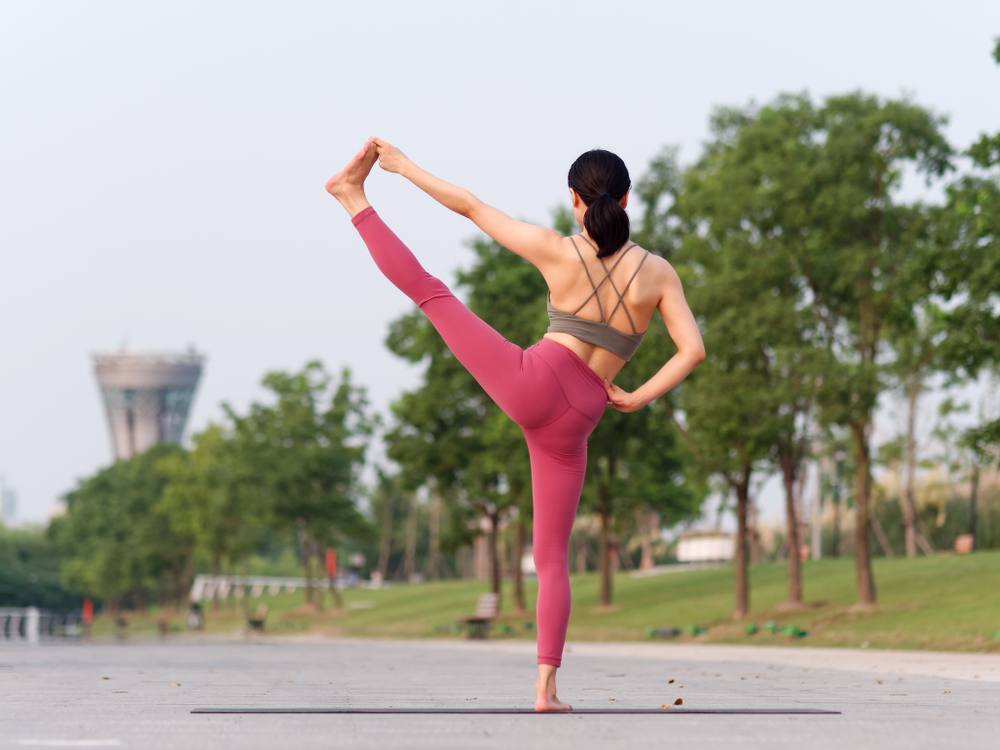
Do not commit to projects you are not passionate about. And don’t commit to projects you don’t have the time for. If you over-commit, you can make everyone’s life a little bit harder.
Practice saying no.
You only have this one life. Do not rob your chances at happiness. And do not rob others’ joy as well.
Focus your efforts on a single activity. Be present with it and appreciate all it has to offer. Do not try to extend yourself too far. You will only be stealing from the opportunities each activity has to provide.
#5. Be Prompt
Show up on time whenever possible. Try to keep a concise schedule. Time is the most precious and non-renewable resource we have. Wasting others’ time is also a form of stealing. And wasting our own time is stealing from ourselves.
There is nothing more valuable than time.
Give time to others by being prompt. Be prepared when you get together. Get down to business and get your point across. There is no use in taking up unnecessary time.
#6. Set Personal Boundaries

Voicing your personal boundaries can be hard. But they also help you cultivate self-respect.
It is okay to say no to projects or get-togethers. It is okay to take time for yourself.
Setting personal boundaries will allow you to reclaim any wasted time. You will develop a greater amount of respect for time itself. By setting your boundaries with others, you are also allowing them to voice their needs.
#7. Be Intentional
Make sure that you gather your thoughts before you speak. Try communicating with others with intention.
Be direct and speak from the heart.
Say what is true and be simple in your speech. Being concise and brief in your delivery cuts down on time and gets to the heart of the matter.
#8. Breathwork and Meditation
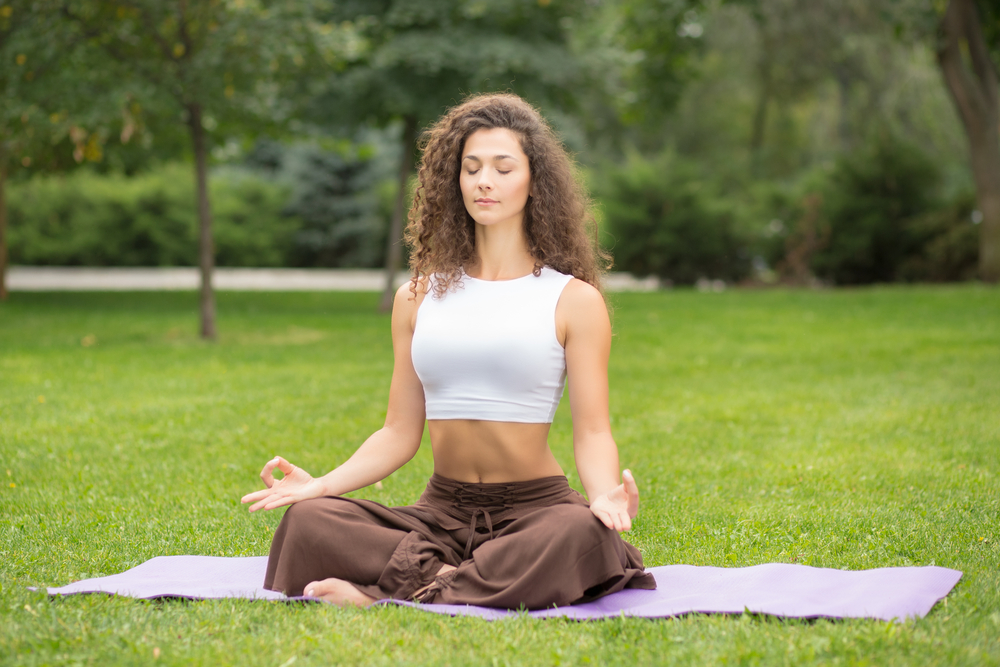
Breathwork and meditation have a calming effect on the mind. Each can give us a better perspective.
Clarity dawns and we can breathe a little easier.
Try infusing this mindset into every action. This will help you become more mindful overall. Over time, this attitude will become effortless. You will be exuding the virtue of asteya.
Final Thoughts

Without desire, wealth will naturally accumulate. The intention to steal can make you poor.
Most poverty is metaphorically self-made. But the virtue of non-stealing brings us effortless wealth.
Even small thoughts of envy can be a form of stealing. Your greed might take away from someone else’s accomplishments. When you tell others they are blessed or talented, you may be stealing as well. Subconsciously, you might be thinking about what you don’t have.
Be sure to be mindful of your compliments.
Make sure that they are not rooted in anything self-conscious. Be sure to allow your own unique gifts to flourish.
Additionally, try to remain in the present moment. Worrying about the future or past can steal your present joy.
Our obsession with perfection makes us forget the big picture. By worrying about meeting certain standards, we miss the joy of the present.
It is human nature to be judgmental. But it is not always useful.
Sometimes it can cause great division between people. But non-judgment allows us to be open and free. Removing judgment from your mindset allows you to give and receive love.
Believe in the inherent beauty of every individual. This will help you feel calm and connected.
Holding prejudices and judgments about ourselves will also limit and steal. We are stealing the infinite possibilities away from us as well as others. In this way, we become our own thieves of joy.
Additionally, remaining in our cocoons can also steal away possibilities. By remaining in our comfort zones, we limit our own growth. Restricting our potential takes us away from a world of undiscovered possibilities.
But practicing asteya allows us to dream big. It urges us to get out of our comfort zones. And it lets us manifest our dreams.
Many of us are not thieves in a literal sense. But there are many subtle ways that you can steal from yourself and others. The practice of asteya asks us to look at those ways. You might be stealing nonmaterial riches and gifts. And you might be restricting your own happiness.
Asteya enables us to enjoy the innate beauty of life.
It asks us to recognize and appreciate the vastness of experience. And it urges us to embrace the perfectly imperfect reality of the moment.
The results you will derive from practicing asteya will be profound. You will feel fuller, deeper, and more honest with yourself. By opening yourself up to the abundance of life, you will see every potential. You will take every opportunity to grow.
And most importantly, you will feel whole and at peace with yourself.
What's Your Reaction?
Meditation coach Emma Morrison is the go-to person for those living in Salt Lake City, Utah, who need to release stress and tension or simply dive deeper into their meditation practice. In her writing, you’ll receive useful information on how to live a more fulfilling life.
